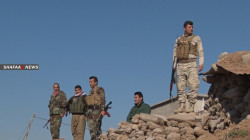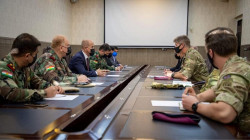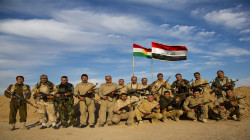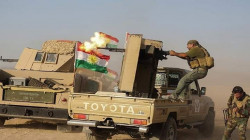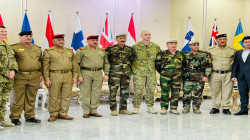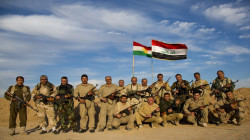Exclusive: Maj. Gen. Yahya Rasool Reveals Updates on Iraqi Army's Volunteering and Security Situation
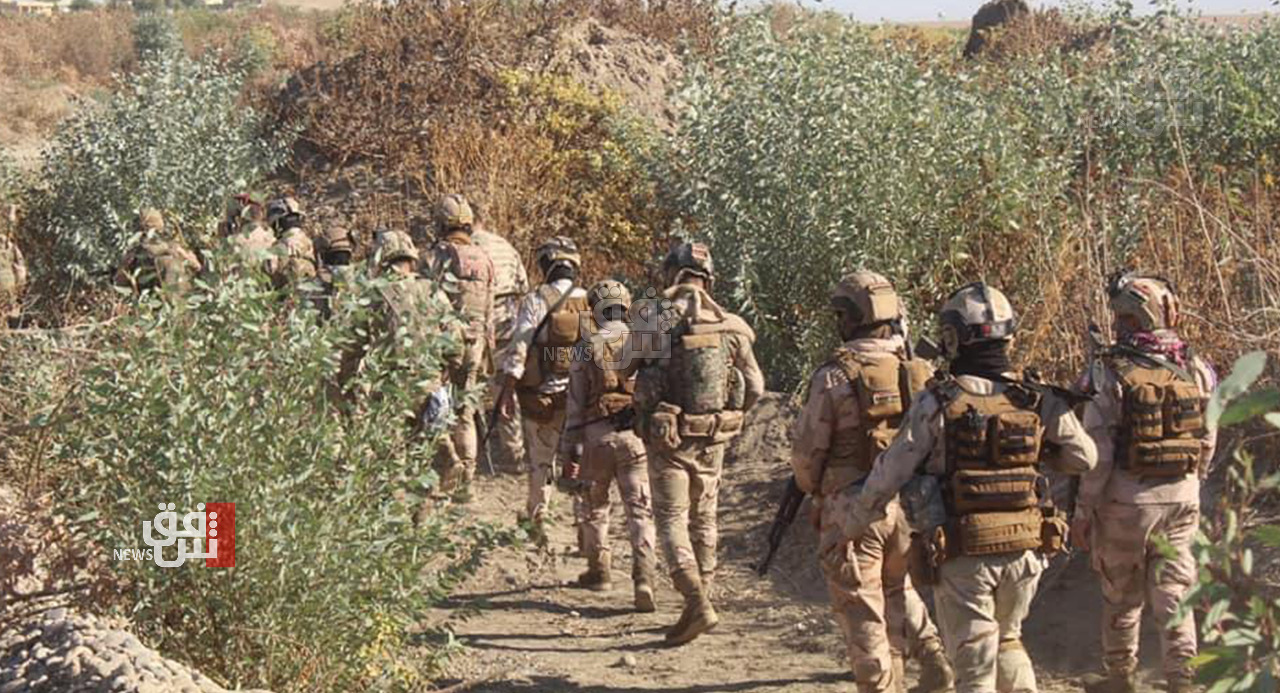
Shafaq News/ Major General Yahya Rasool, the spokesman for the Armed Forces Commander-in-Chief, announced on Saturday that the opening of volunteering in the Iraqi army is contingent upon the availability of financial allocations in the budget.
In a statement to Shafaq News Agency, Rasool provided details about the role of two new brigades in the areas between the Peshmerga forces and the Iraqi army and the security situation in the Tarmiyah district north of Baghdad.
Maj. Gen. Rasool said that the Ministry of Defense is awaiting budget instructions and the allocated funds to determine the feasibility of opening the door to volunteering.
"If financial allocations are available; the ministry will officially announce it through its websites."
He stressed the importance of recruiting new young individuals capable of assuming responsibilities, with the specific age requirements to be determined by military leadership based on the needs of the service.
Regarding cooperation with the Peshmerga forces, Rasool highlighted the high-level cooperation and continuous meetings between the Iraqi army and the Peshmerga.
"The formation of the two brigades, consisting of the army and Peshmerga personnel, has been completed. However, the federal government's payment of salaries for the Peshmerga Brigade is pending budget approval." He explained.
"The two brigades will be tasked with conducting operations in abandoned areas, targeting remnants of ISIS and clearing these areas of any threats."
The official Iraqi spokesperson stated that ISIS incubators are minimal, with remnants in some remote desert and mountainous regions. Additionally, the Iraqi security forces, supported by intelligence services, are actively pursuing and targeting these remnants through operations and airstrikes.
Concerning the security situation in Tarmiyah, he mentioned that while there are no active ISIS members present, small terrorist groups consisting of two to six individuals may move through the area, utilizing its agricultural lands, dense orchards, water bodies, and forests as hiding places. Nevertheless, security operations, combined with the cooperation of citizens and security services, have eliminated several vital terrorist figures in these areas.
